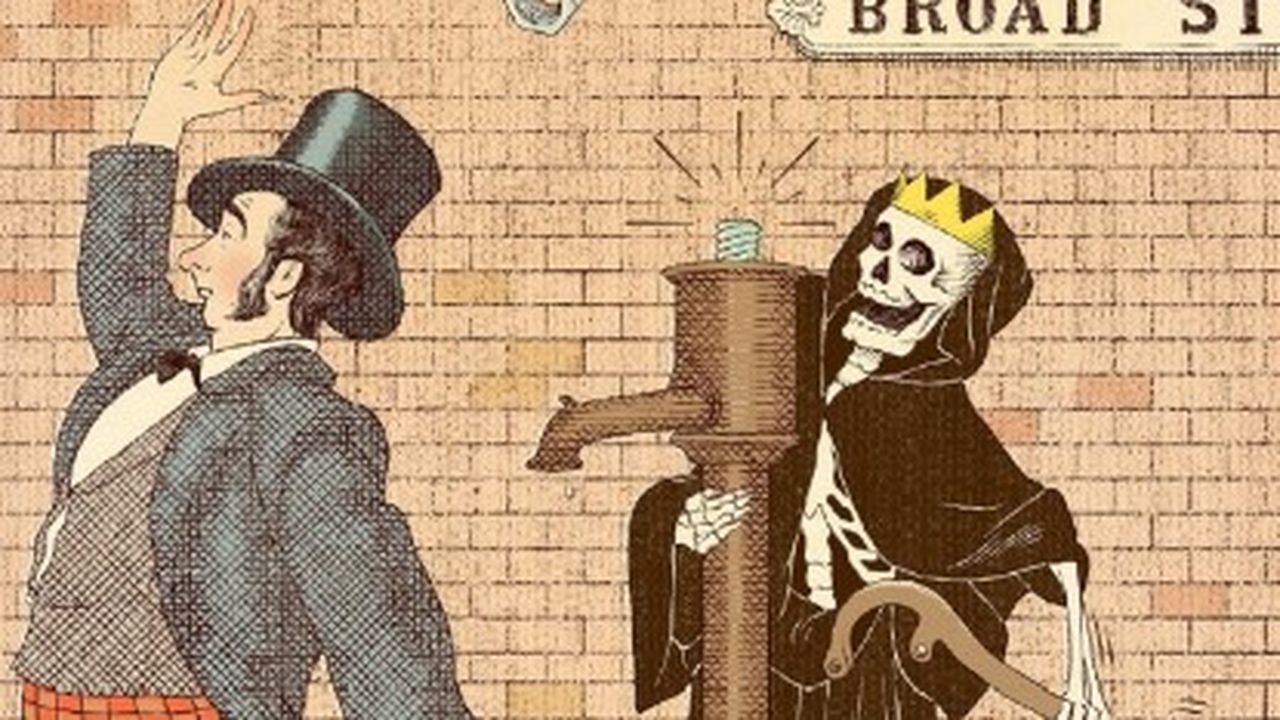New: Get breaking news straight to your account desktop or mobile phone.
VANCOUVER, British Columbia (AP) — The capital of Canada’s Northwest Territories was nearly deserted after the city’s entire population of just over 20,000 fled as a massive fire raged nearby.
And further south, in British Columbia, thousands of people have been told to leave their homes as firefighters battle a growing blaze that has set homes on fire.
Northwest Territories officials said Friday night that about 19,000 people left Yellowknife in less than 48 hours, with about 15,000 leaving in convoys and 3,800 leaving on emergency flights.
“I’ve described today as another marathon,” said Yellowknife Mayor Rebecca Atty. “It’s draining and, unfortunately, it hasn’t subsided yet.”
Authorities said about 2,600 people remained in the city – 1,000 of them essential workers.
Shane Thompson, the province’s environment and climate change minister, said the bushfires remain critical and non-emergency personnel who remain are putting themselves and others at risk. He said, “Please get out now.”
The streets were almost empty and shops closed. “It’s a ghost town,” said Kieron Testart, who has been going door-to-door in the neighboring First Nation communities of Dita and Ndilo to check on people.
A grocery store and pharmacy remained open Friday but are expected to be closed. The last gas station is still running in the afternoon. One bar was still open, attracting exhausted workers at the end of long shifts.
“It’s kind of like having a pint at the end of the world,” said Testart.
Cooler temperatures and higher humidity helped firefighters prevent the wildfire from advancing on Friday, said firefighting officer Mike Westwick, who kept it 15 kilometers (9 miles) northwest of the city’s outskirts.
“For the first time in a while, we got a little help from the weather,” he said.
But he warned that emergency officials still feared changing weather could trigger the fire — one of hundreds raging in the territory To the city limits.
Eleven tankers bombed water on the flames and another aircraft dropped fire retardant. A 10 km (6 mi) fire line was dug, and firefighters deployed 20 km (12 mi) of hose and a raft of pumps in the fight to keep the fire at bay.
Westwick said it was “the most extensive heavy water operation we’ve seen in the area”.
Westwick said the fire, caused by lightning more than a month ago, is about 1,670 square kilometers (644 square miles) in size and “isn’t going away anytime soon.” He said the fire jumped three different containment lines fueled by dry weather and dense forests.
Hundreds of kilometers south of Yellowknife, homes have burned in West Kelowna, British Columbia, a city of about 38,000 people, after a wildfire “vastly worse” than expected grew overnight, officials said.
Chief Minister David Ibe declared a state of emergency in the province due to the rapidly developing bushfires.
“We are in a very difficult situation in the coming days,” Ibe told a news conference on Friday evening.
He said the decree would give authorities a number of legal tools, including the power to stop people from traveling to dangerous areas and to ensure access to accommodation for evacuees and heavy firefighting equipment.
Officials in West Kelowna have already ordered people to vacate 2,400 properties and alerted an additional 4,800 properties to be ready to leave. The BC Wildfire Service said the fire had spread to an area of 68 square kilometers (26 square miles).
West Kelowna Fire Chief Jason Prolund said no injuries were reported, but some first responders got trapped while rescuing people who failed to evacuate.
“There were a number of risks involved to save lives and property last night,” Prolund said at a news conference Friday, describing how first responders had to rescue people who jumped into a lake to avoid the flames. “It didn’t have to be this way.”
“We still face great challenges,” Bowen Ma, the provincial emergency management minister, said at a press conference Friday afternoon.
“I was absolutely horrified to see the heartbreaking images coming out of West Kelowna,” she said. “The past 24 hours have been very difficult for people across the county.”
Canada has seen a record number of wildfires this year – choking off smoke in parts of the US – with more than 5,700 blazes burning more than 137,000 square kilometers (53,000 square miles) from one end of Canada to the other, according to the Canadian Interagency Forest Fire Center.
As of Friday morning, more than 1,000 wildfires were burning across the country, more than half of which were out of control.
About 6,800 people in eight other communities in the Northwest Territories had already evacuated their homes, including the small community of Enterprise, which was largely destroyed. Officials said that all survived.
A woman whose family evacuated from High River on Sunday told CBC that their car began to melt as they drove through the embers, the front window cracked and the car filled with smoke making it difficult to see the road ahead.
“I was afraid the tire was going to flatten, our car was going to catch fire and then it went from mere embers to total smoke,” said Lisa Mundy, who was traveling with her husband and their 6-year-old child. Children 18 months old. She said they called 911 after driving into the ditch several times.
She said her son kept saying, “Mom, I don’t want to die.”
The Weather Company’s primary journalistic mission is to report on breaking weather, the environment, and the importance of science to our lives. This story does not necessarily represent the position of its parent company, IBM.

“Unapologetic tv specialist. Hardcore zombie trailblazer. Infuriatingly humble problem solver.”







More Stories
Far-right German politician Björn Höcke is guilty of using the Nazi slogan
Georgia Laurie: The twin who fought a crocodile to save her sister receives a Royal Bravery Award
Billboard collapse in Mumbai: 14 dead and dozens injured